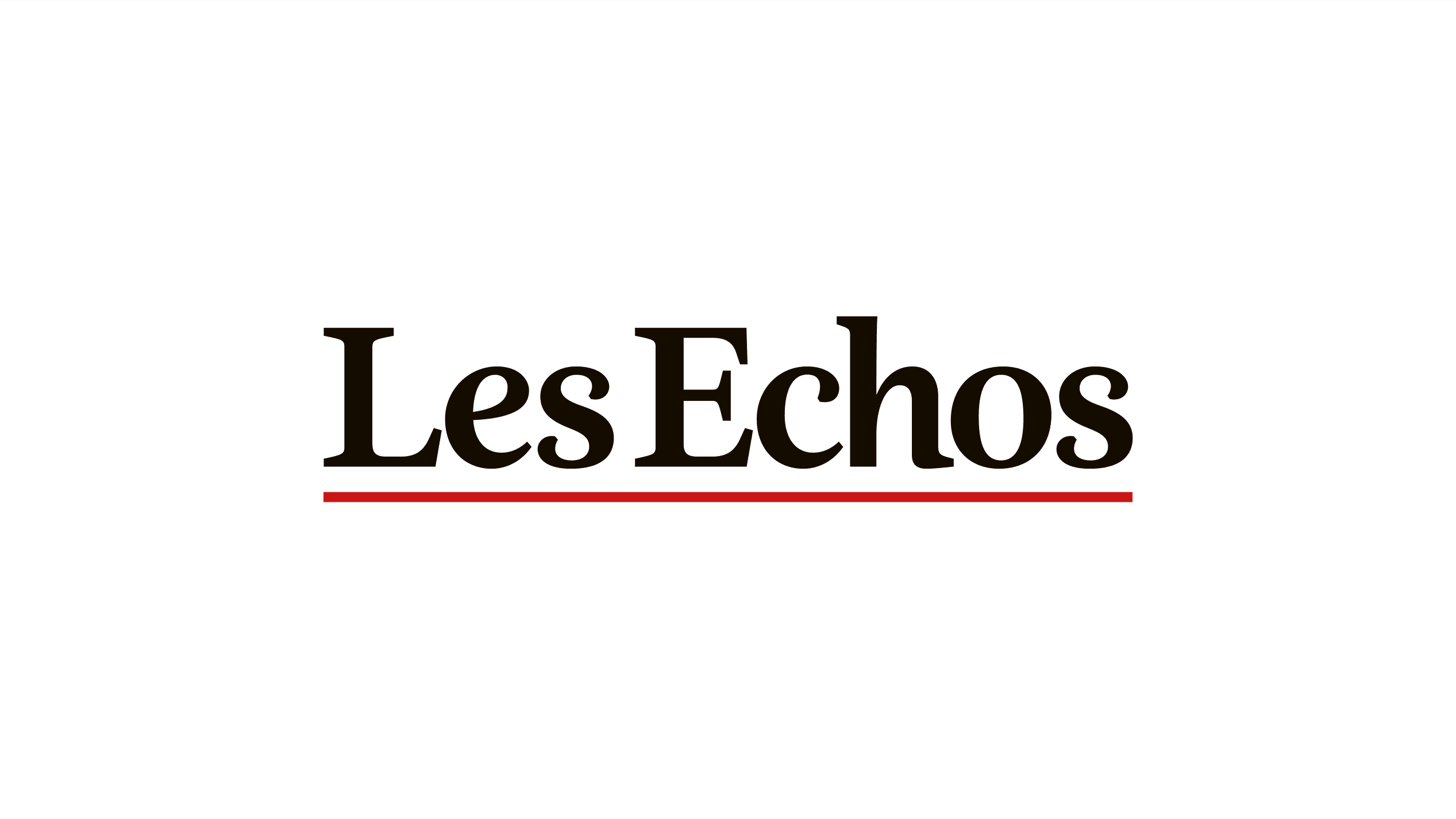Product-led Growth for healthcare companies: monetize your application
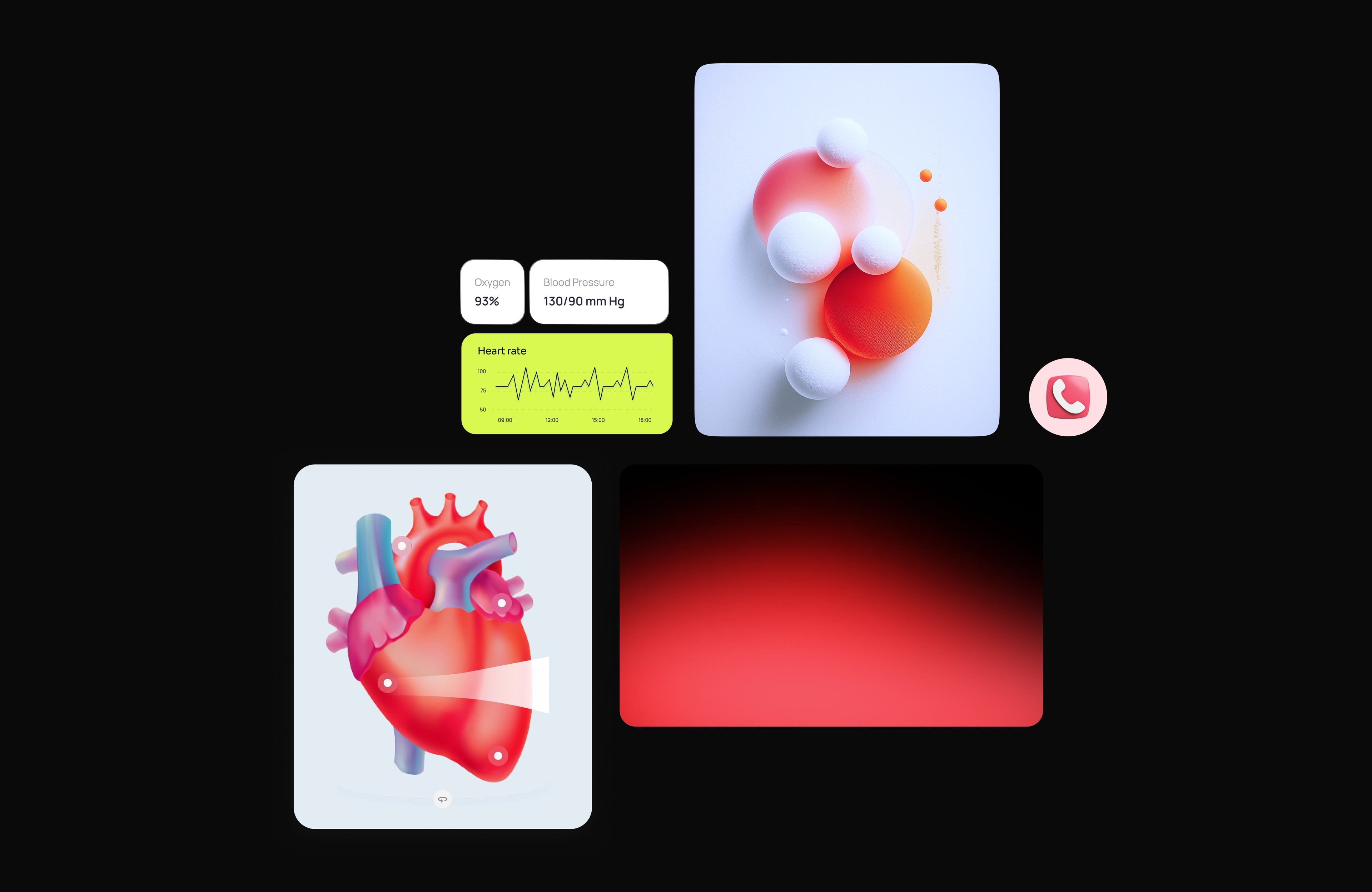
Table of contents
In part one of our series of articles on Product-led Growth for healthcare companies, we found out what PLG is, where it comes from and how adopting a user-centric approach is the best way to deliver a seamless patient experience to promote treatment adherence.
In part two, we discussed two other key aspects of Product-led Growth for healthcare companies: demonstrating value from the outset, and understanding data to deliver rapid and effective iterations of your product.
In this third and final part, we'll talk about monetization: an aspect that needs to be thought through very carefully in order to optimize customer retention, virality and improved Customer Lifetime Value.
By offering users access to basic functionality free of charge, and allowing them to upgrade to premium plans to benefit from advanced features or additional added value, developers can foster trust, encourage conversion and ensure long-term retention.
The power of progressive monetization for healthcare companies
Fundamentally, progressive monetization is about giving users the means to explore the value of a product before making a financial commitment. By offering access to essential functionality for free, developers remove barriers to entry, enabling users to discover the product's benefits first-hand. As users become more engaged and invested in the product, they can choose to upgrade to premium plans to benefit from enhanced functionality or additional added value.
Free access and premium upgrades: balancing the value and revenue of your mobile app
The road to monetizing your mobile app starts with building trust and satisfaction among users. By offering a smooth user experience and reassuring influencers, developers can demonstrate the value of the product without asking users to take excessive risks. For specifiers, the monetization experience revolves around building confidence in the product's capabilities and reliability, ensuring that they feel supported and empowered in their use.
For example, according to a study conducted by Statista in 2023, it was found that 72% of health app users are more likely to use an app that offers basic free functionality before upgrading to paid options. This approach not only encourages initial adoption, but also long-term loyalty.
For example, the MyFitnessPal app uses a progressive monetization approach by offering basic tracking features for free, such as food and exercise input. However, to access advanced features such as detailed nutritional analysis and personalized training plans, users can choose to upgrade to a premium subscription.
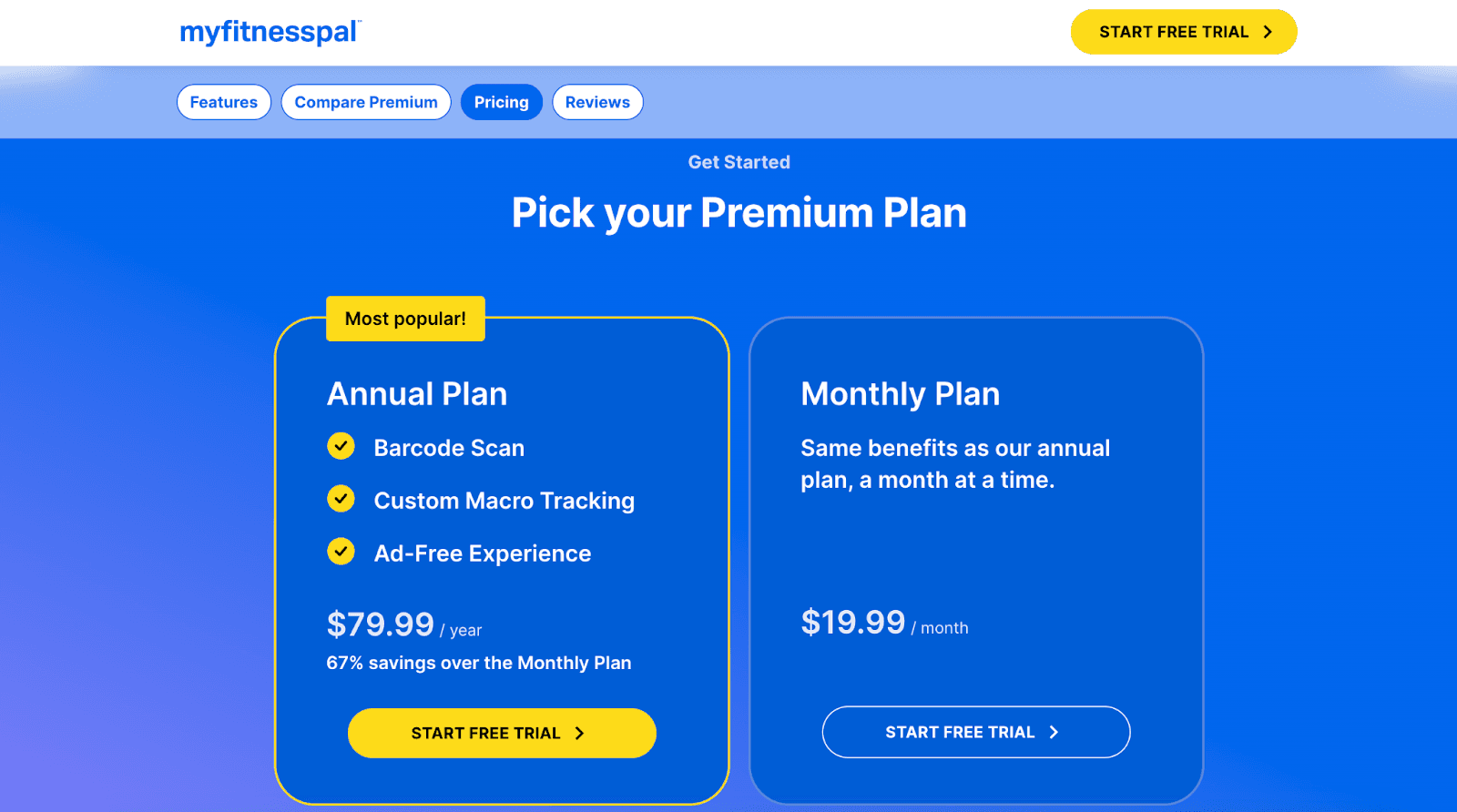
Cultivating trust: the key to successful monetization
In sectors like healthcare, where prescribers play a crucial role in the adoption and use of digital solutions, building trust is paramount. By prioritizing transparency, reliability and user feedback, developers can cultivate a sense of trust among prescribers, paving the way for successful monetization.
According to a Forrester Research study conducted in 2023, it was observed that mobile apps offering a personalized user experience and clearly defined upgrade options recorded a 30% increase in user engagement and a 25% increase in retention over a 12-month period, compared with apps adopting a more conventional monetization approach.
HealthTap, an app enabling remote consultation of healthcare professionals, has built user trust by emphasizing verification of its doctors' qualifications and offering a refund in the event of an unsatisfactory consultation.
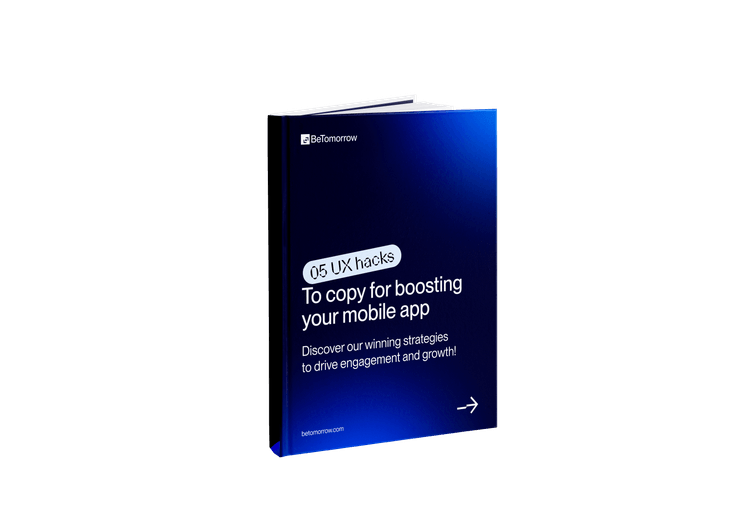
Foster long-term engagement and retention of your mobile application
The benefits of progressive monetization go beyond immediate revenue generation; they translate into long-term engagement and retention. By allowing users to explore the product at their own pace, and offering clear paths to upgrading, developers can encourage a sense of ownership and investment among users, fostering sustained use and loyalty over time.
The Headspace meditation app offers a progressive monetization model by offering a selection of free meditations for novice users. Then, to access a full library of content and advanced features such as sleep programs and guided meditation sessions, users can opt for a premium subscription.
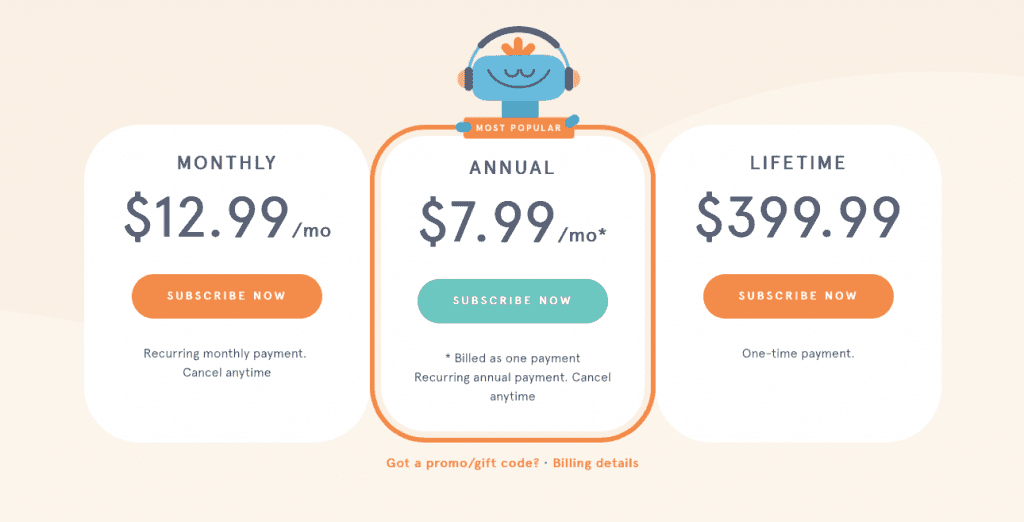
Conclusion
The path to success in product development for healthcare companies is multifaceted. It requires a delicate balance of user-centric strategies tailored to the unique needs of patients, healthcare professionals and pharmaceutical industry stakeholders alike.
With Product-led Growth, healthcare companies can not only drive sustainable growth, but also have a significant impact on patient outcomes and the overall healthcare ecosystem.
In this dynamic and constantly evolving industry, success lies not only in delivering effective treatments, but in creating exceptional experiences that empower and inspire, paving the way for a healthier, more connected future.


